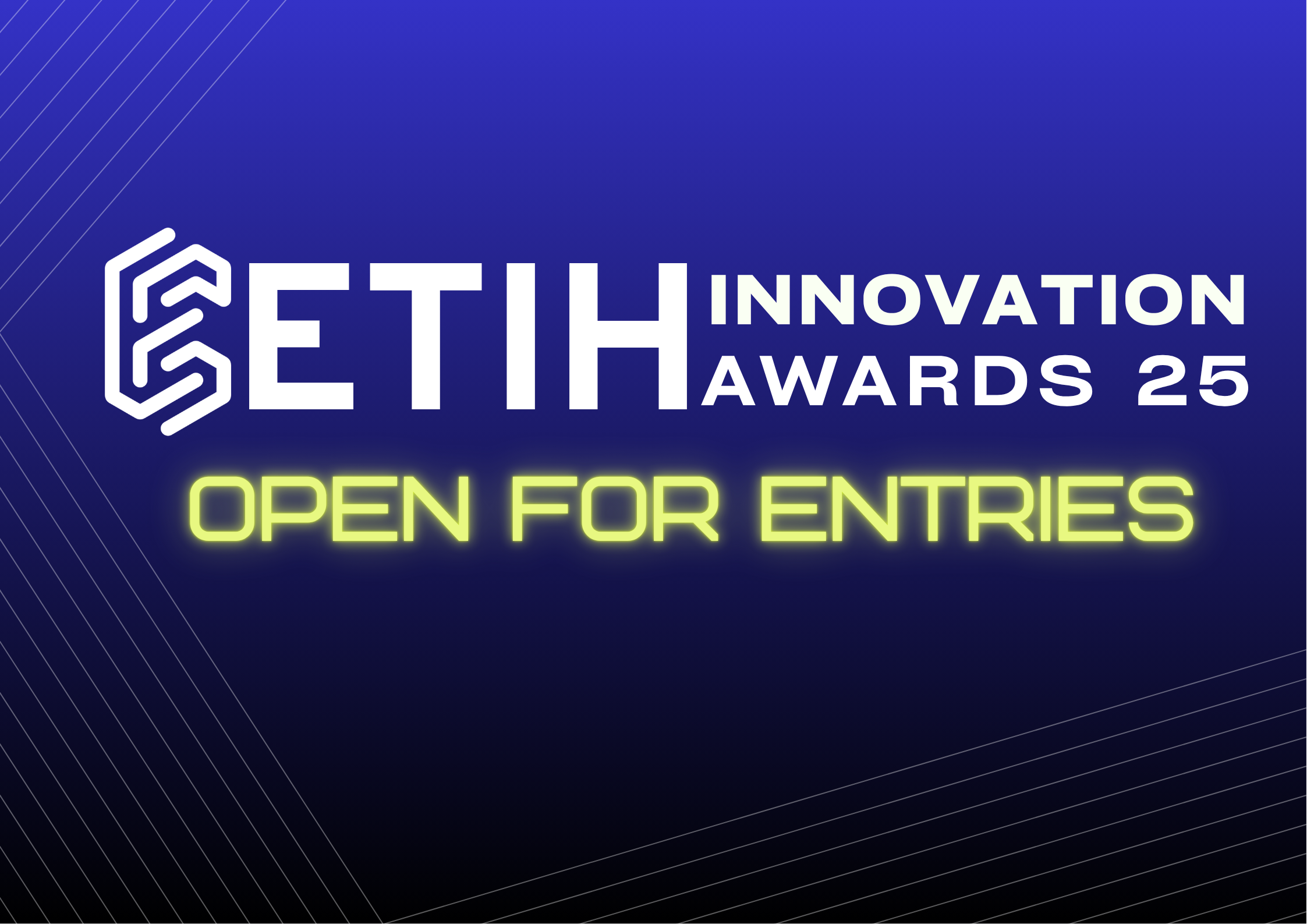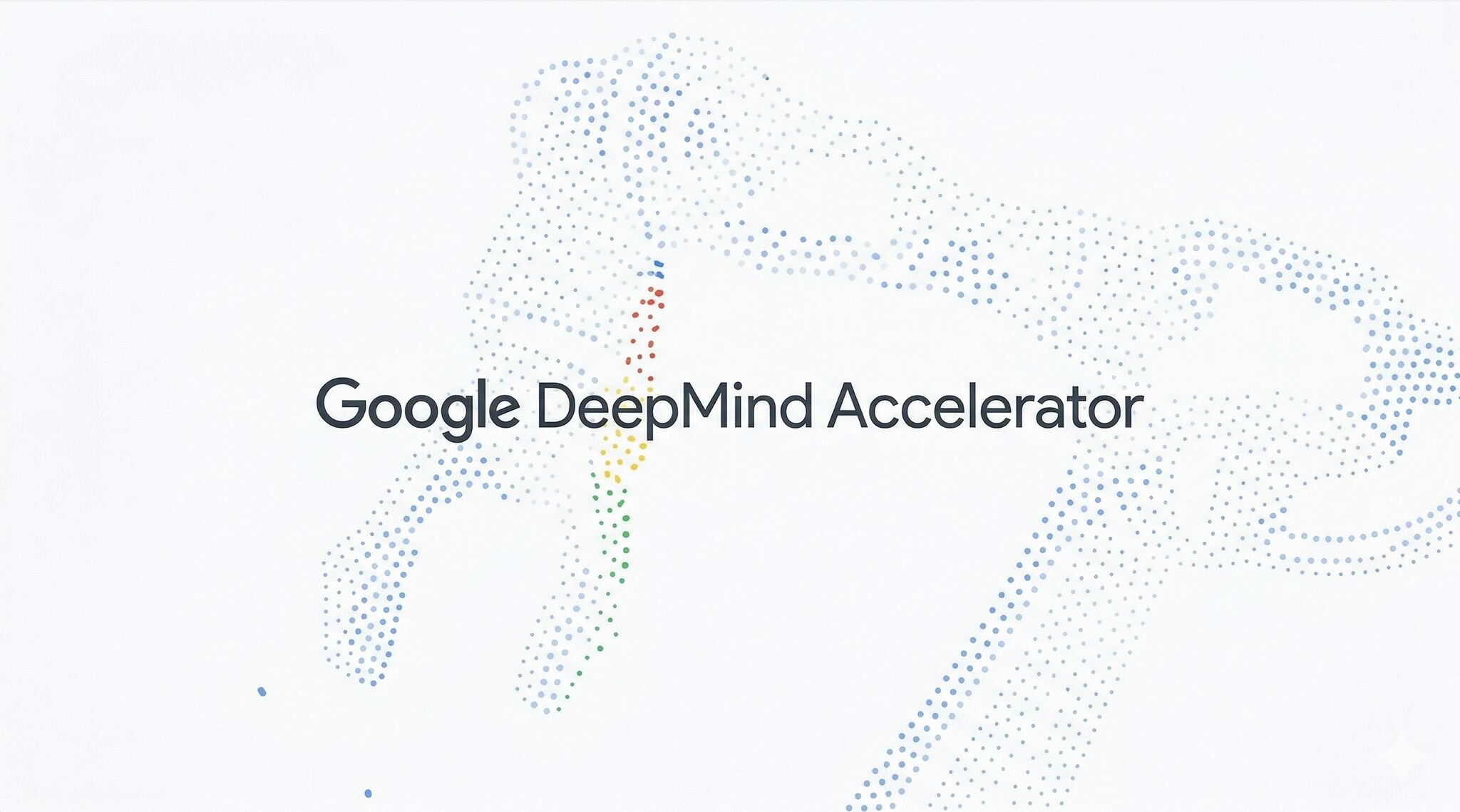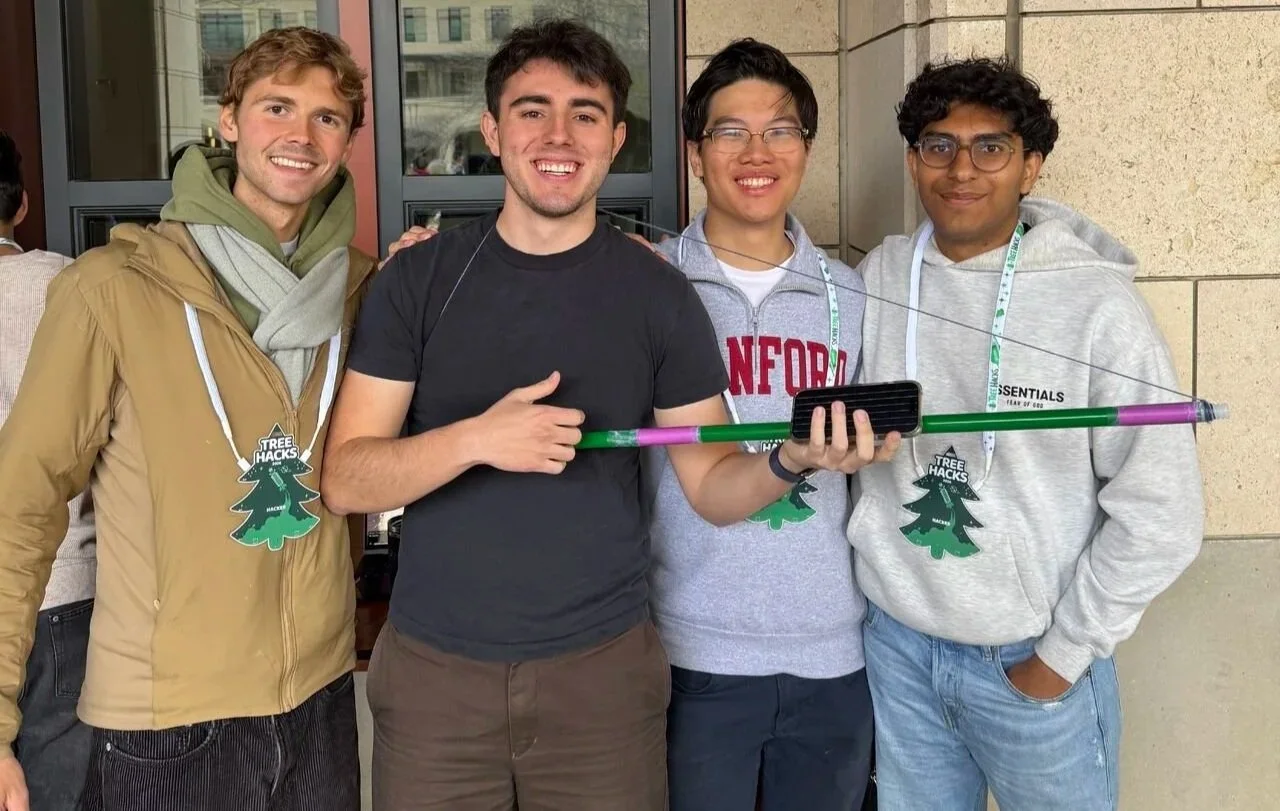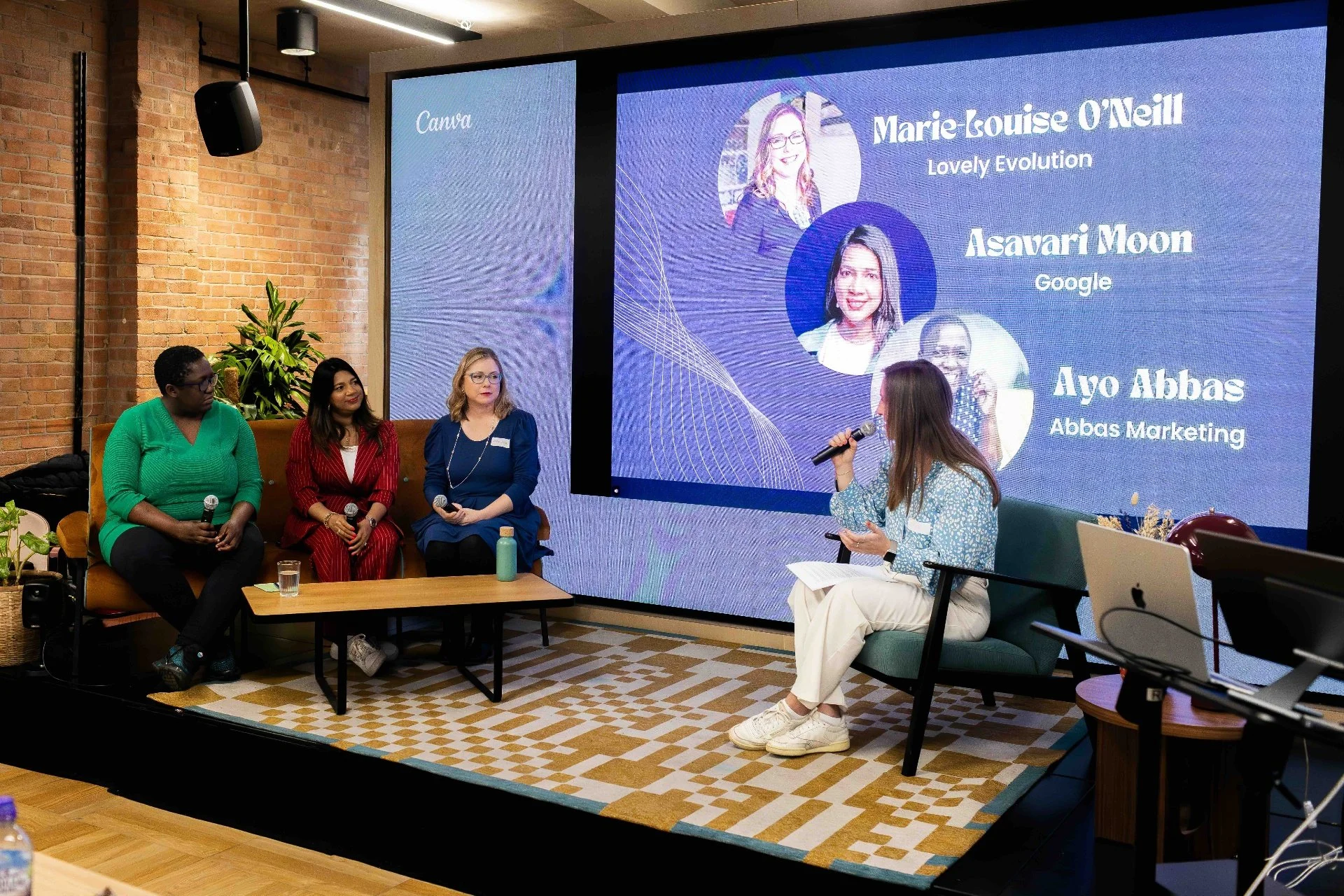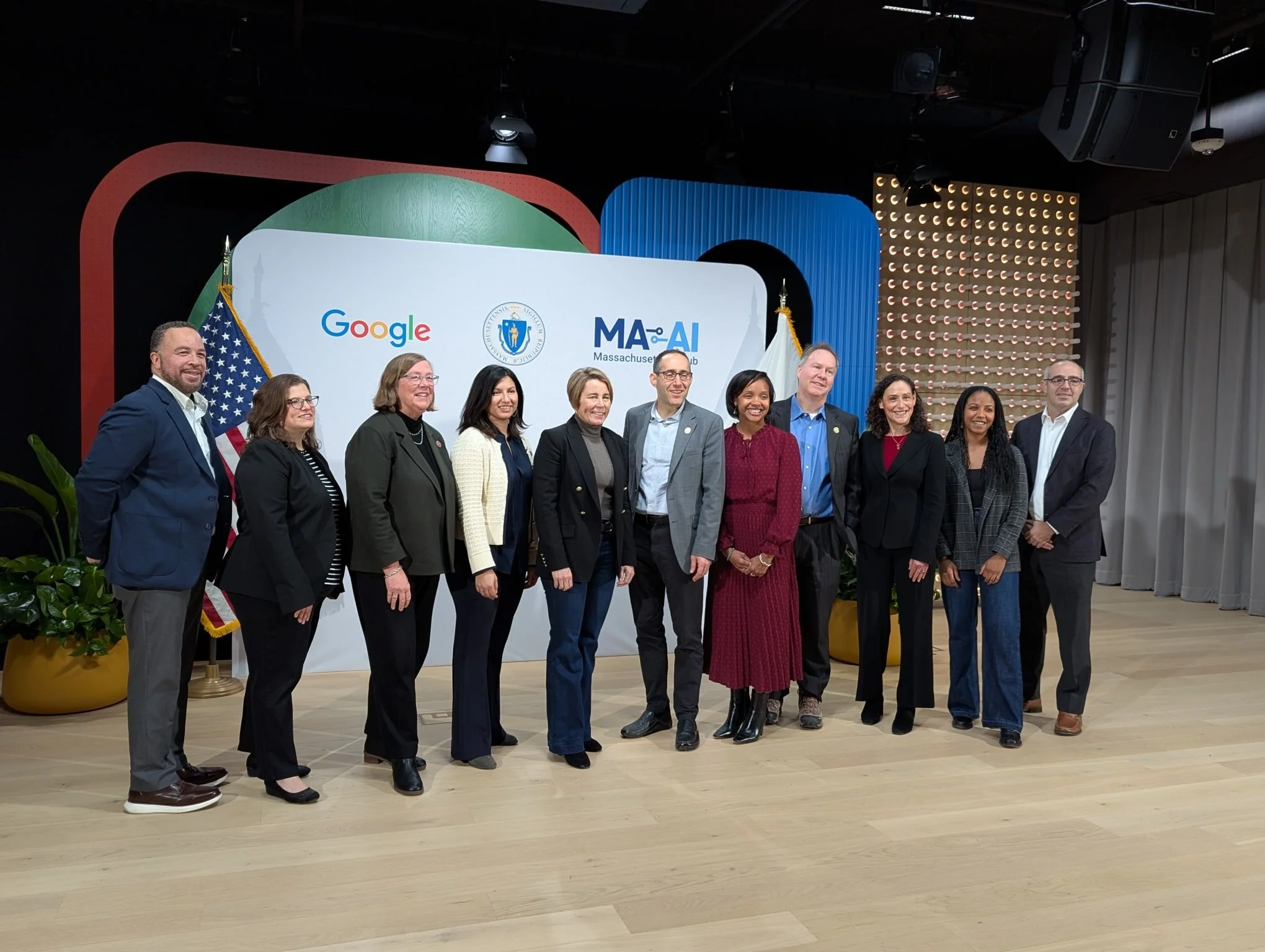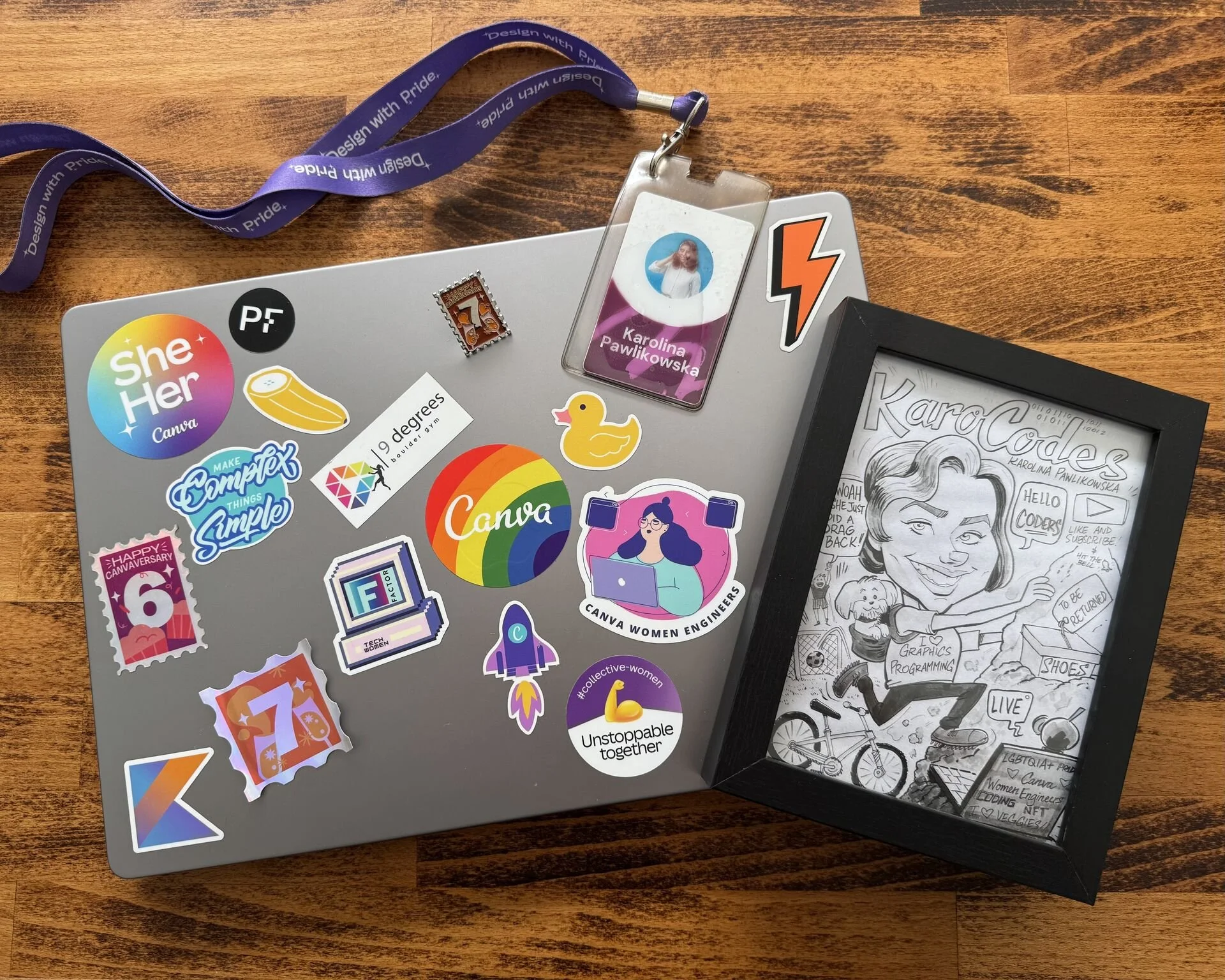Eight in ten young people in the UK are using AI tools for their schoolwork, OUP study finds
A new report commissioned by the Oxford University Press (OUP) has found that most young people in the UK are using AI tools when completing schoolwork and homework.
The researchers surveyed 2,000 students aged between 13 and 18 in the UK in August 2025. Eight out of ten students said they are using AI tools in their schoolwork and a similar percentage said they were using AI to help with their homework.
Fewer than half of those surveyed said they were confident in their ability to tell which information provided by AI resources is true. Only 32 percent were confident about their ability to identify misinformation.
Almost half (48 percent) of those surveyed said they would like more support from their teachers to help them understand which AI content is trustworthy and reliable and 51 percent said they would like more information on when they should be using AI tools in their schoolwork.
“This research tells us that students are attuned to the effects of AI on classroom and independent learning, and highlights how AI tools, designed with learning principles at their core and grounded in strong pedagogy, are absolutely necessary to enhance teaching and facilitate learning for all,” comments Dr Alexandra Tomescu, Generative AI and Machine Learning Product Specialist at OUP.
The research also identifies concerns among UK pupils about AI, with 60 percent concerned that AI tools encourage copying rather original work. More than half (51 percent) said they worry AI resources may be biased or reinforce stereotypes.
While more than 90 percent of students said AI has helped them to develop a skill in relation to their schoolwork, 26 percent said they were concerned that AI has made it “too easy” for them to find answers without doing the work themselves.
One male student says: “It provides answers to questions for me very easy without me going to do much research about a specific topic or subject.”
Amie Lawless, Secondary Product Director at OUP, says: “It’s encouraging to see from the research how aware young people are of the challenges surrounding AI and how eagerly they want to collaborate with their teachers to address the issues. Most importantly however, the findings offer a valuable reminder of bringing together trusted content and sound learning design principles with responsible AI tools which put the learner’s needs at the core.”
The ETIH Innovation Awards 2026
The EdTech Innovation Hub Awards celebrate excellence in global education technology, with a particular focus on workforce development, AI integration, and innovative learning solutions across all stages of education.
Now open for entries, the ETIH Innovation Awards 2026 recognize the companies, platforms, and individuals driving transformation in the sector, from AI-driven assessment tools and personalized learning systems, to upskilling solutions and digital platforms that connect learners with real-world outcomes.
Submissions are open to organizations across the UK, the Americas, and internationally. Entries should highlight measurable impact, whether in K–12 classrooms, higher education institutions, or lifelong learning settings.
Winners will be announced on 14 January 2026 as part of an online showcase featuring expert commentary on emerging trends and standout innovation. All winners and finalists will also be featured in our first print magazine, to be distributed at BETT 2026.


